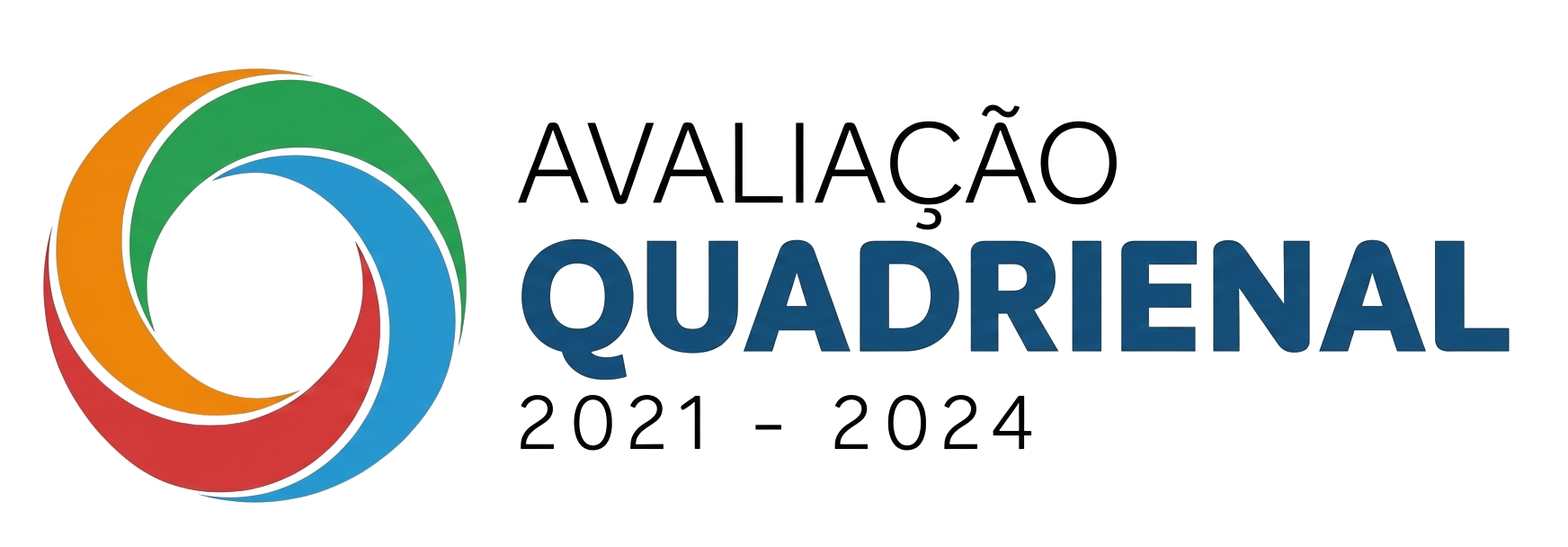The after-paris agreement and the development crisis: why the emerging countries must assume larger responsability in the climate action
DOI:
https://doi.org/10.5281/zenodo.4106641Keywords:
Development. Climate change. Paris Agreement. Differentiated Responsibilities.Abstract
The article approaches the challenge of induce the compliance of the international determinations against climate change before the inequalities between the nations. Observing the history of the international treaties on the subject, the recently industrialized countries, dependents of the carbon industry, shouted their right to economic development and excluded themselves from the obligations of reduce pollutant emissions, while the developed countries claimed not being able to reach the reductions level demanded on their own. The present research is justified by the urgency in overcome this impasse, since the current analyses indicate that will be necessary more ambitious goals on the part of each nation to maintain bearable climate levels in the next decades. Through the deductive method and bibliographic search, it is analyzed the legal structure of the Paris Agreement to comprehend in which way it assigns the responsibility in a differentiated manner to parties, and, yet, submits them to progressive contribution. It is concluded the responsibility of the developing countries in comply to the climate obligations as their economic capacity grows as a way to shield their future human development, threatened as the carbon industry becomes riskier and exhaustible.
Downloads
References
BAER, Paul et al. The right to development in a climate constrained world: The Greenhouse Development Rights Framework. Stockholm Environment Insitute: Publication Series on Ecology, vol. 1, 2008. Disponível em: <https://www.sei.org/publications/right-development-climate-constrained-world-greenhouse-development-rights framework/>. Acesso: 15 set. 2020.
BUENO RUBIAL, Maria del Pilar. El Acuerdo de París: ¿una nueva idea sobre la arquitectura climática internacional? Relaciones Internacionales, nº 33, p. 75-95, 31 oct. 2016. Disponível em: <https://revistas.uam.es/relacionesinternacionales/article/view/6728>. Acesso: 15 set. 2020.
FALKNER, Robert. The Paris Agreement and the new logic of international climate politics. International Affairs: Oxford, vol. 92, nº 5, p. 1107-1125, set. 2016. Disponível em: <https://doi.org/10.1111/1468-2346.12708>. Acesso: 18 jun. 2020.
GOMES, Magno Federici; SILVA, Luís Eduardo Gomes. Brics: Desafios do desenvolvimento econômico e socioambiental. Revista Brasileira de Direito Internacional: Brasília, vol. 14, n.1, p. 341-356. Disponível em: <https://www.publicacoes.uniceub.br/rdi/article/view/4449>. Acesso: 08 jun. 2020.
GUPTA, Joyeeta; CHU, Eric. Inclusive Development and Climate Change: The Geopolitics of Fossil Fuel Risks in Developing Countries. African and Asian Studies, vol. 17, no. 1-2, p. 90-114, 2018.
JOSEPHSON, Per. Common but differentiated responsabilities in the climate change regime: Historic evaluation and future outlooks. 2017. 58 f. Tese de graduação – Universidade de Estocolmo, Estocolmo, 2017.
MALJEAN-DUBOIS, Sandrine. The Paris Agreement: A new step in the gradual evolution of differentiation treatment in the climate regime?. Review of European,Comparative& International Environmental Law, Wiley, vol. 15, p.151-160, 2016.
MALANCZUK, Peter. Capítulo 16: Environment. In:______. Akehurt’s Modern Introduction to International Law. New York: 7ª ed., 1997, p. 241-251.
NTAMBIRWEKI, John. The Developing Countries in the Evolution of an International Environmental Law. Hastings Int'l & Comp. L. Rev., vol. 14, 1991. Disponível em: < https://repository.uchastings.edu/cgi/viewcontent.cgi?article=1308&context=hastings_international_comparative_law_review>. Acesso: 08 jun. 2020.
OLIVEIRA, André Soares. Tratamento Diferenciado dos países em desenvolvimento e mudanças climáticaS: perspectivas a partir do Acordo de Paris. 2017. 256 f. Tese de Doutorado – Universidade Federal do Rio Grande do Sul, Porto Alegre - RS, 2017.
PENTINAT, Susana Borrás. Análisis jurídico del principio de responsabilidades comunes, pero diferenciadas. Revista Seqüência: estudos jurídicos e políticos, vol. 25, nº. 49, 2004, p. 153-198, 2004. Disponível em: <https://dialnet.unirioja.es/servlet/articulo?codigo=4817979>. Acesso: 08 jun. 2020.
RAJAMANI, Lavanya. Ambition and differatiation in the 2015 Paris Agreement: Interpretative possibilities and underlying politics. International and Comparative Law Quarterly, vol. 65, nº 2, p. 493-514, 2016. Disponível em:
UNEP (United Nations Environment Programme). Emissions Gap Report 2019. UNEP, Nairobi, nov. 2019.
VARELLA, Marcelo Dias. O surgimento e a evolução do direito internacional do meio ambiente: Da proteção da natureza ao desenvolvimento sustentável. In: VARELLA, Marcelo; BARROS-PLATIAU. Ana Flávia. Proteção Internacional do Meio Ambiente. Brasília: Unitar, UniCEUB e UNB, 2009, p. 8-26.
__________. Internacionalização do Direito: direito internacional, globalização e complexidade. Brasília: UniCEUB, 2013.
Downloads
Published
How to Cite
Issue
Section
License
Copyright (c) 2020 Cadernos Eletrônicos Direito Internacional sem Fronteiras.

This work is licensed under a Creative Commons Attribution 4.0 International License.





